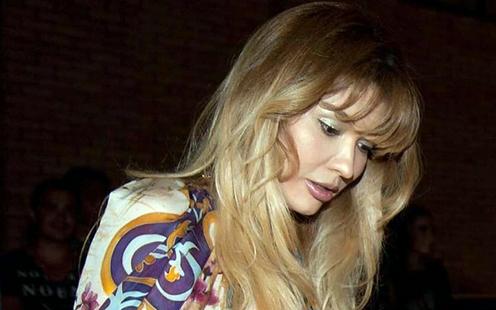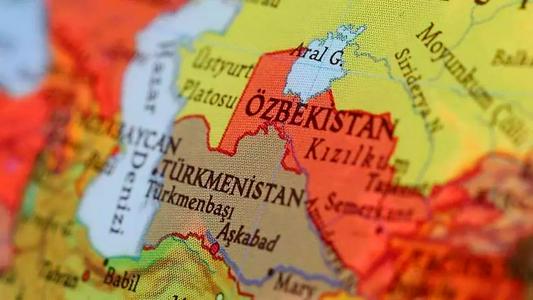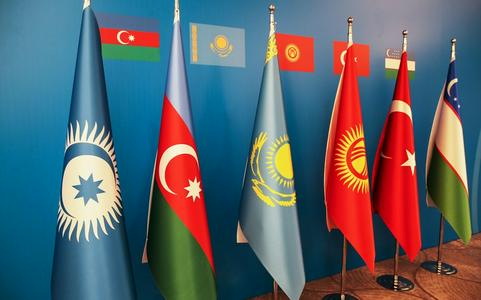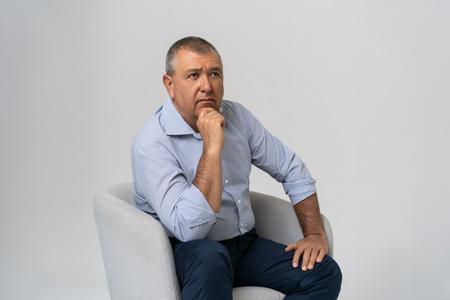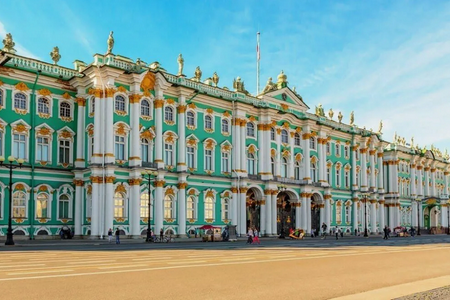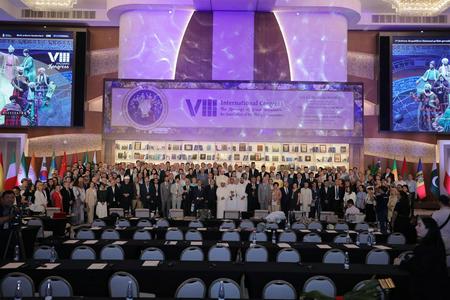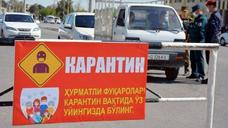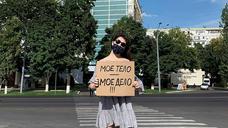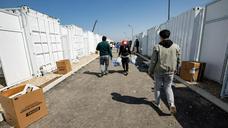Gulnara Karimova is prepared to renounce her claims to $686 million in her frozen Swiss bank accounts and hand this money over to Uzbekistan in exchange for the dropping of criminal charges against her. The offer was made in a message addressed in the name of the daughter of the former president of Uzbekistan to the country’s current leader, published on the Instagram account of Karimova’s daughter Iman (in Russian).
According to Gulnara Karimova, she has already made similar proposals before, having offered through her lawyers during negotiations with the Swiss authorities to hand over $131m to the Uzbek state. The funds were due to be transferred to the Uzbek side in January 2020. However, the repatriation process was interrupted due to pressure brought to bear on her by officials of the National Security Services and the office of the prosecutor-general, who, according to Karimova, have already been sanctioned for their actions. She also states that the return of funds has been complicated by “the involvement of too many different actors, all pursuing their own particular interests.”
In her message to Mirziyoyev, Karimova also makes mention of $26m of her own personal funds, not including money from other companies and sponsors, which has been invested in public funds and projects supported by the country’s president.
Karimova refers to the funds frozen in her Swiss bank accounts as her family’s “only assets”. She points out that property, including real estate, registered to her children in Uzbekistan, to a total of $1.2bn, was already confiscated by the authorities in 2017, but has not been counted towards the settlement of the material damages that have been claimed against her. It will be recalled that, back in July 2019, Karimova made mention of $1.2bn that had already been placed at the disposal of the Uzbek treasury. The Uzbek finance ministry, however, denied this.
Karimova says she is concerned that the new criminal charges filed against her have been brought in contravention of the country’s constitution and criminal procedure code, and that her petition on this matter to the prosecutor-general and the Supreme Court was met only with “empty phrases”.
Besides this, according to her calculations, her prison term should now be coming to an end. Karimov claims that, even disregarding previous amnesties, taking into account the time she has already served behind bars, only “a few months” of her sentence remain. “If one counts time served to include everything I have been subjected to since the date of my arrest – 17.02.2014, then I should have been released long ago,” Karimova writes.
The possible return of funds from Karimova’s Swiss accounts was widely discussed during the summer of last year. The office of the prosecutor-general in Switzerland announced its decision to transfer 130 million Swiss francs ($133m) to Uzbekistan. However, Karimova’s Swiss lawyer Grégoire Mangeat tweeted that the “return of [the remaining] $555m [has been] immediately suspended. No more cooperation with UZ unless this country puts an end to arbitrary detention of our client.”
In turn, the Uzbek ministry of justice stated that Gulnara Karimova had no means to dispose of the funds that had been frozen in connection with the criminal charges brought against her. Thus, any reports that Karimova had personally returned assets to Uzbekistan, or that the remaining funds could be returned by her or by any other private individual, were without legal foundation and devoid of any basis in reality, the ministry emphasised.
